
According to an analysis by the Makronóm Institute, Hungary can be considered a connector state, as it acts as a major link in the global economy, especially in combining Eastern and Western technologies. This is particularly true in the case of the automotive industry and energy storage systems, where Hungary has attracted significant investments.
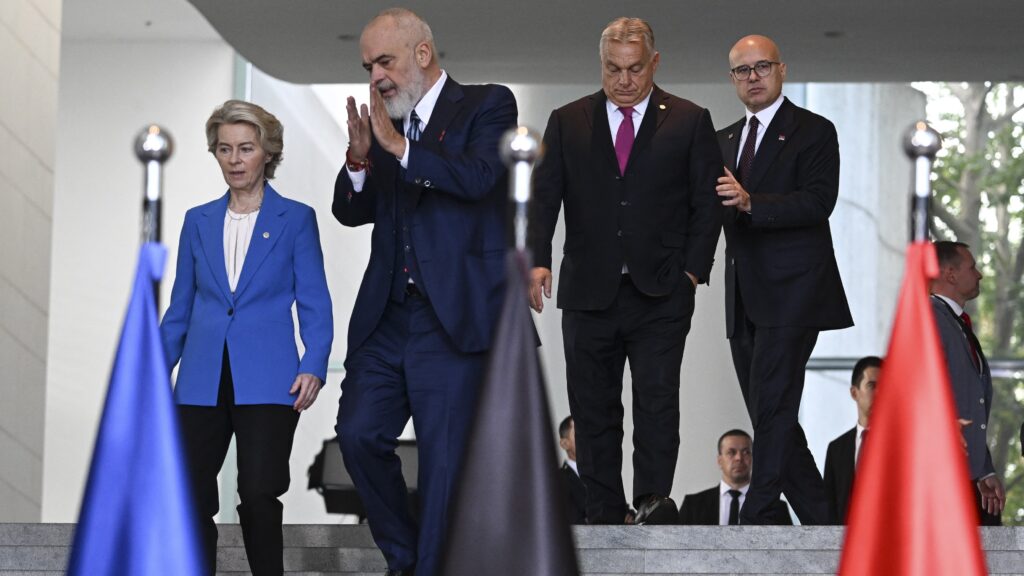
The second ministerial-level meeting of the EU accession conference with Albania was held in Luxembourg on 15 October. The aim of the meeting was to start accession negotiations with Albania and open Cluster 1; Tirana has thus taken another step forward on the road to European integration.
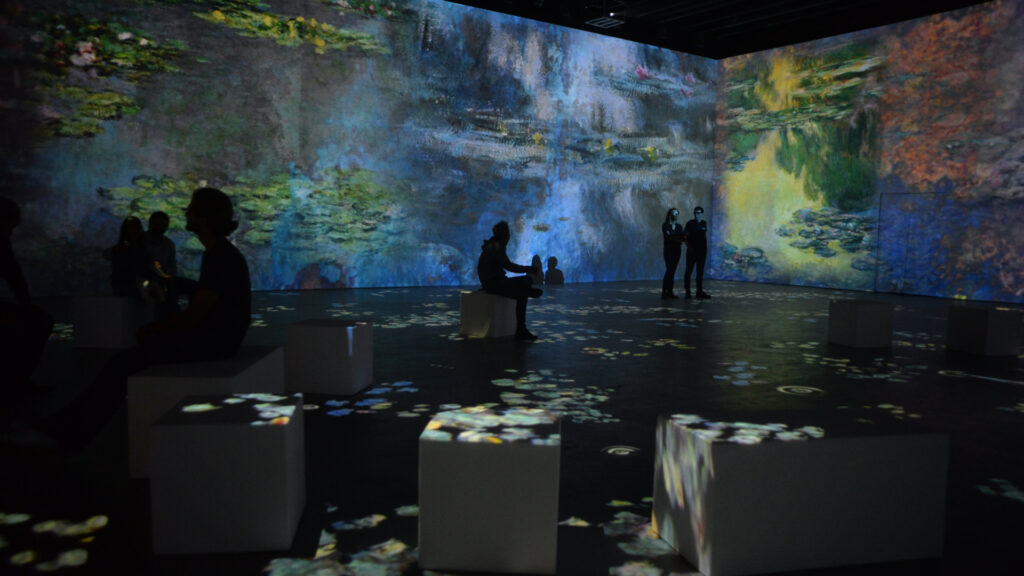
The Claude Monet: The Immersive Experience exhibition in the BOK Sports Hall uses modern digital technologies to bring to life some of the French impressionist painter’s most famous masterpieces, such as the Poppy Field and his series titled Haystacks. The artworks will be on display until 2 March 2025.
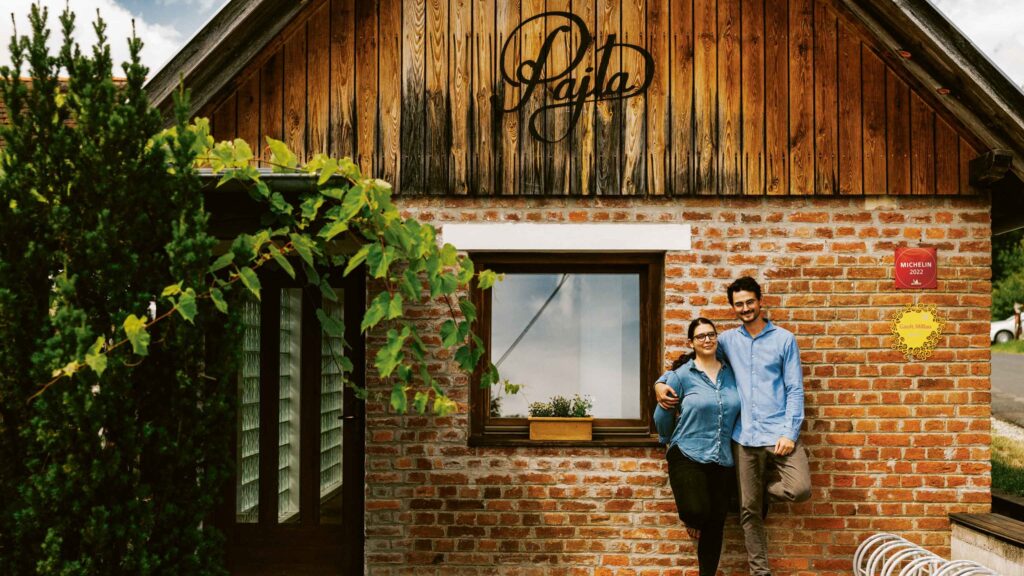
‘It’s not easy to stick to quality these days. A restaurant like Pajta can only be run with with love. It’s not worth it for the profit…This kind of catering is not about striking it rich; it is the kind that you can love.’

Achieving the demographic turnaround will take a long time and a lot of work, but Hungary wants to take the first steps already in the coming months. Finding solutions to existing problems will be one of the key objectives of the Hungarian EU Presidency in the second half of 2024, using the EU demographic toolkit as a starting point.
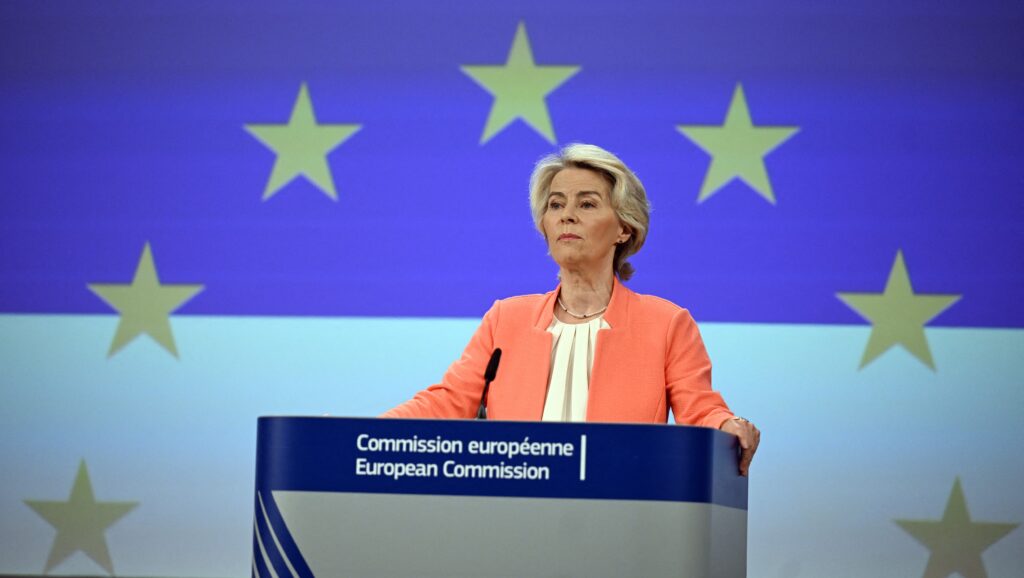
‘In contrast to five years ago, the legitimacy of the Commission’s former and future President has been weak from the start in 2024. Although she is a Spitzenkandidat now, as she was the leader of the European People’s Party list in the European Parliament elections, the support of the leaders of the Member States is much weaker. In Germany, she is considered an opposition politician, so she is not a favourite but rather a forced choice for the governing coalition.’
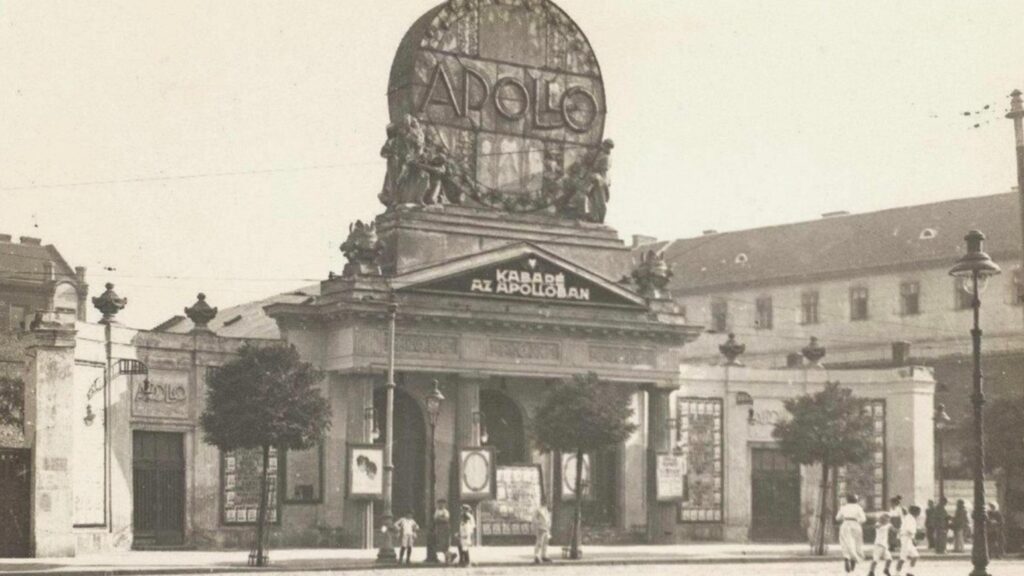
At first glance, today’s cinema culture in Budapest seems very bipolar. There seems to be a tension between those who believe that traditional screening venues are long out of date and those who doubt whether a multiplex experience can be called cinema at all. One thing is certain: the story of Budapest’s cinema culture continues to unfold every day, and the main protagonists are us, cinema lovers.

Ursula von der Leyen’s Europe’s Choice programme will be the working document on the basis of which the Commissioners designate will receive their portfolios and, when they take office, the mandate in which the Commission President will set out their work and expectations for the next five years. And the implementation of these visions will be the task for this period to come.

When it got to the point where Zsuzsa and her family had to deliver sweets to a hundred places one Christmas, they felt they had reached a crossroads: ‘We knew we couldn’t go on like this. Either we cut it back and get on with our common lives or we take a sharp turn towards chocolate.’
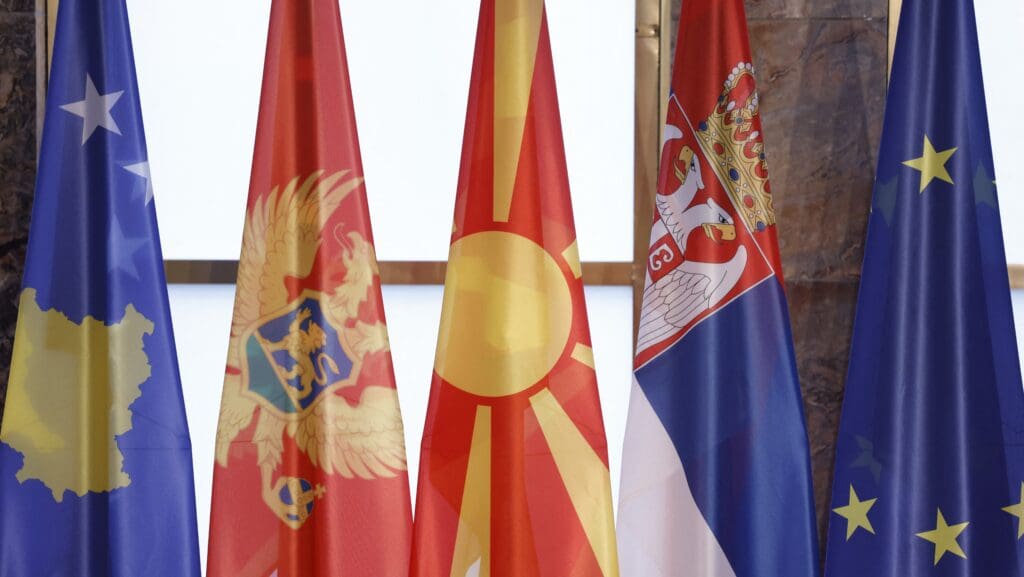
The integration of the countries of the region into the EU is a decades-long process, the positive outcome of which is still to be seen. Thus, the number of Eurosceptics in the region has multiplied in recent years. As a consequence of the protracted accession negotiations, which have not even started for several Western Balkan states, some countries in the region have forged closer economic, political, and cultural ties with non-EU actors.

During the Kádár era, it was forbidden to drink alcohol on the streets and sometimes people were even searched and checked in pubs. In contrast, at house parties, young people had the opportunity to meet and flirt, and they only had to worry that their parents would come home earlier or that annoying neighbours would call the police on them on the landline phone.
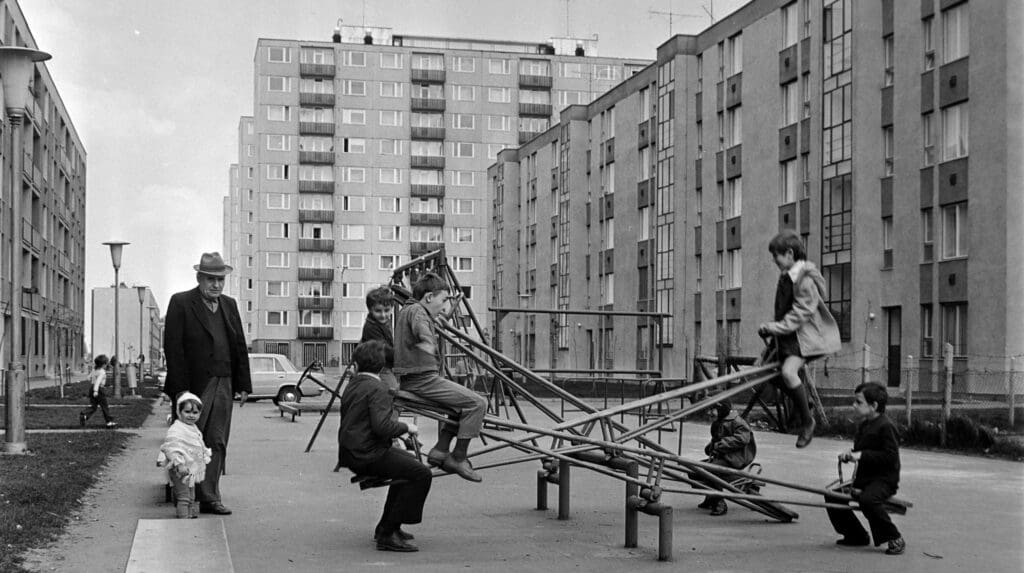
To address the housing shortage, nearly 1 million dwellings were built under the housing programme between 1961 and 1975, 300,000 of them in Budapest; and a large part of the country’s population still lives in the apartments built during that period to this very day. Despite the difficulties and the negative aspects, anyone who has lived in or visited a prefab will never forget it. Public housing cannot be said to be entirely negative or positive, can be loved or disliked, but it is a legacy from the past that defines who we are.

Speaking to Hungarian journalists the day after an informal working dinner of EU leaders, Balázs Orbán pointed out that European voters made one thing clear in the European Parliament elections: they are not satisfied with the direction Europe has taken in the past five years, and they are not satisfied with the policies of Brussels bureaucrats and elites.
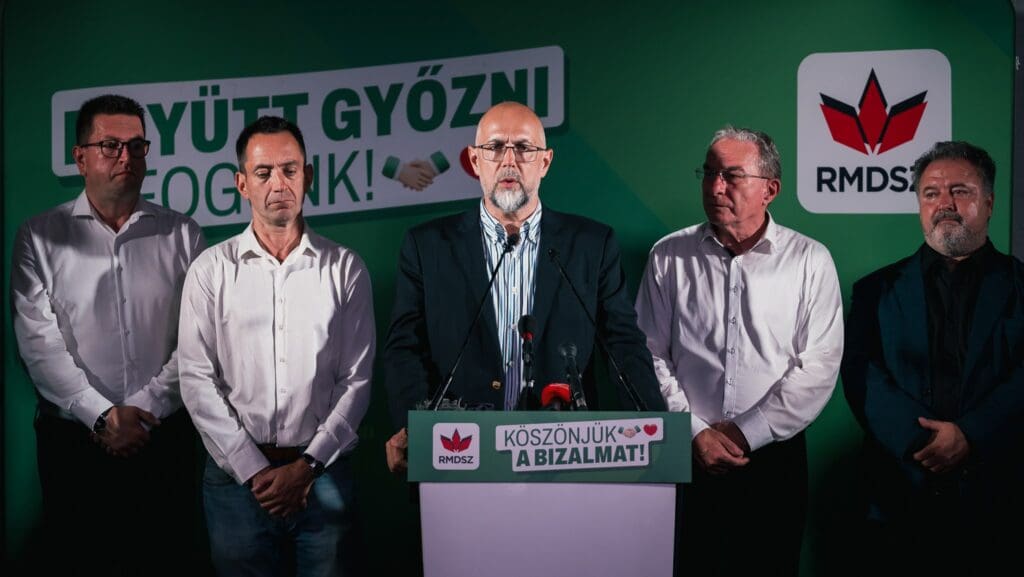
The 9 June, Sunday European Parliament and municipal elections in Romania resulted in a historical success for the Hungarian ethnic minority, with the best results achieved in twenty years. As RMDSZ President Hunor Kelemen put it, the mandates RMDSZ won are not just numbers; they also send the message that there is a strong, viable Transylvanian Hungarian community that wants to shape its own future and plans on staying in its homeland.
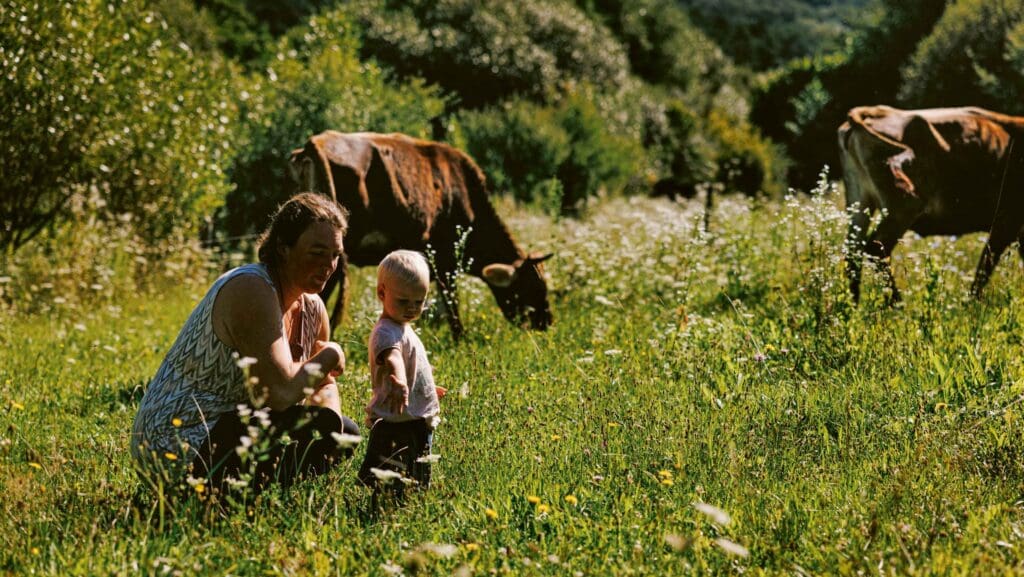
‘A friend of ours, a hoof trimmer, told us that farms where farmers say they are ready start to die in a short time. It’s terribly boring to get up, milk, and manure and not know anymore why you’re doing it. So we have goals that inspire us, that keep the farm alive.’
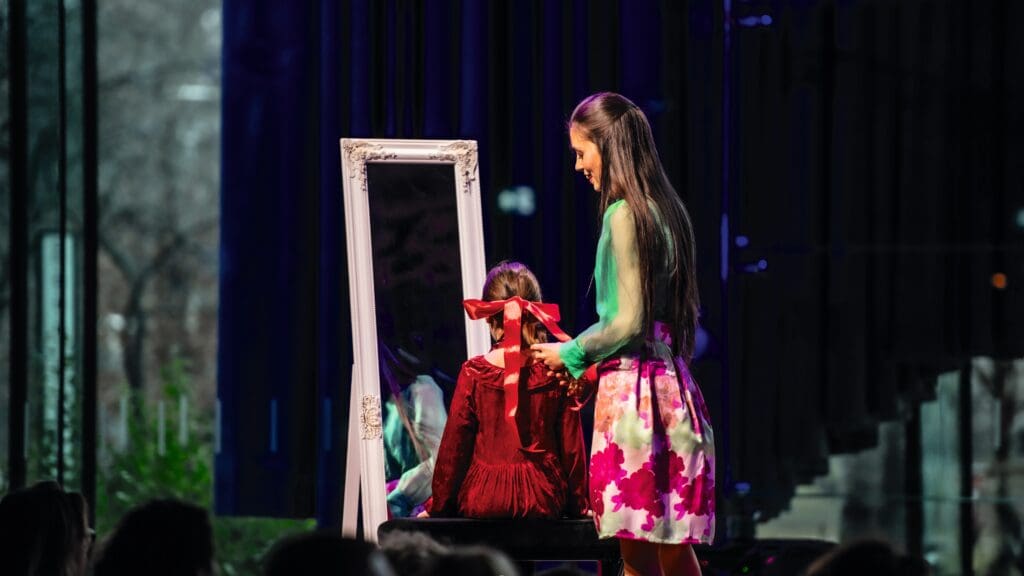
‘I was on stage already before I could have any inhibitions. That’s not to say that I don’t have them in other areas, but I feel lucky that I was given this way of life. It was put in front of me, and I couldn’t imagine my life without it. It gives me security.’
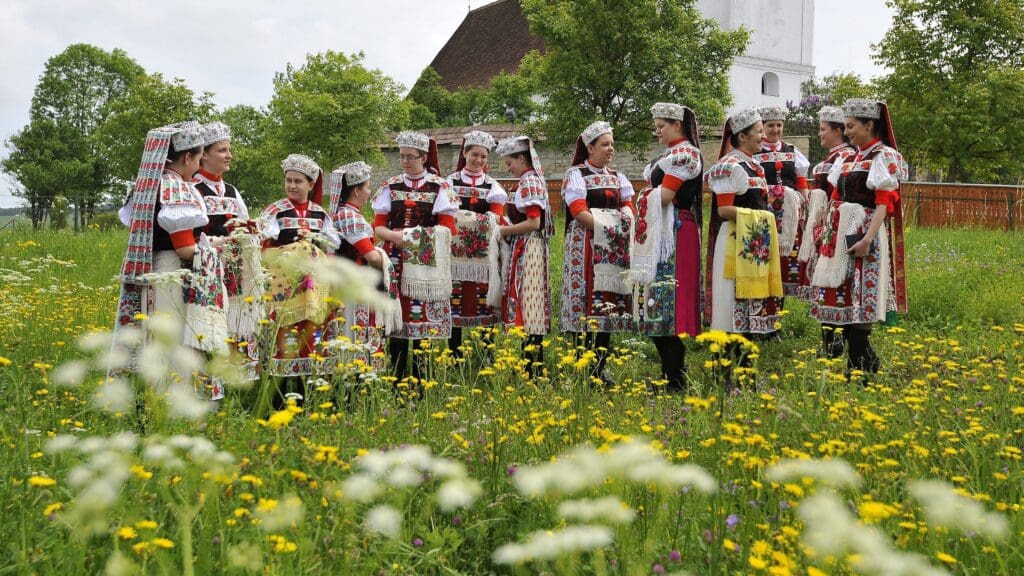
In many Hungarian settlements, saints’ days with processions and pilgrimages are traditionally held at Pentecost. One of the most important Hungarian Marian Shrines is the one in Csíksomlyó, Transylvania, which has been declared a Hungarikum, together with the Pentecost pilgrimage held there. While many Hungarian Pentecost customs are rooted in the religious feast, there are also several traditions and beliefs that have been transposed from ancient Hungarian beliefs.

In Stockholm, the old, not very nature-friendly method of planting trees was abandoned about a decade ago, and since then, tree-planting projects have been constantly looking to support urban trees and thus all other organisms—including humans—with a more complex but in many ways more rewarding solution.

Standing at sunrise on a rocky lookout point on the Gerecse mountain, listening to the babel of birds singing in the Bakony, reaching a small village in Zemplén at noon bell, or chatting with the locals in one of the village shops, an oasis for the weary wanderer; all of this enrich the National Blue Trail experience with something that is beyond the idea of an obvious inner journey, offering also a reinterpretation of the concept of homeland.

‘Picture writer’ is the old name for a painter, a term used by Benczúr to describe himself, even officially, for example when signing a contract of sale of an estate. ‘By choosing Gyula Benczúr’s self-definition as the main title of the exhibition, we want to draw visitors’ attention to the fact that the exhibition offers new approaches to his oeuvre through a “re-reading” of the works of art and primary written and pictorial sources,’ says curator Evelin Páll.
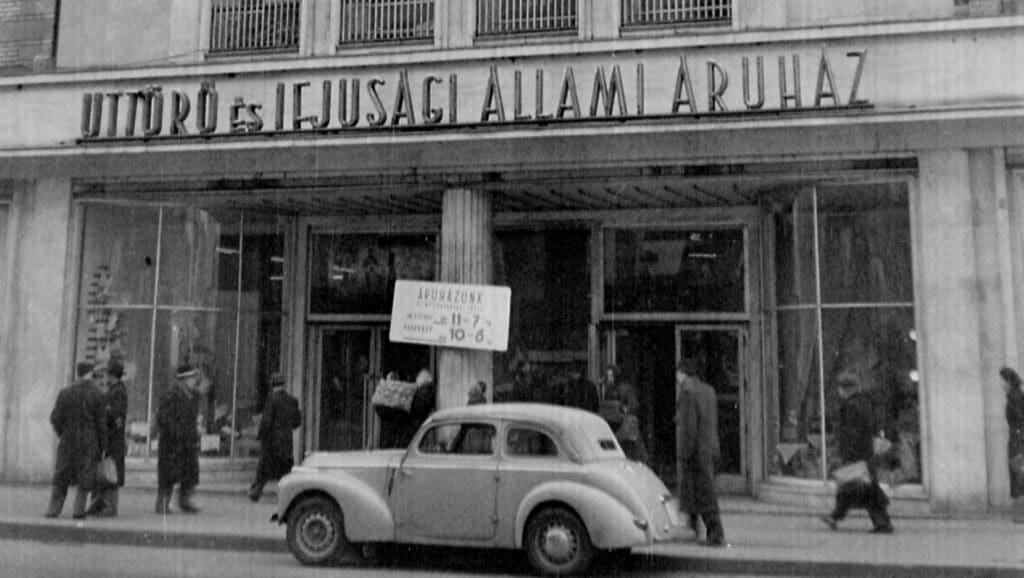
On the left side of today’s Rákóczi Road, on the way to Astoria, stood the Úttörő és Ifjúsági (Pioneer and Youth) State Store, which opened in the autumn of 1950 and was one of the most important shopping outlets for the youth of the time. Among its main goods were children’s clothing, sports and play equipment, children’s furniture, and, of course, as its name suggests, pioneer paraphernalia as well.
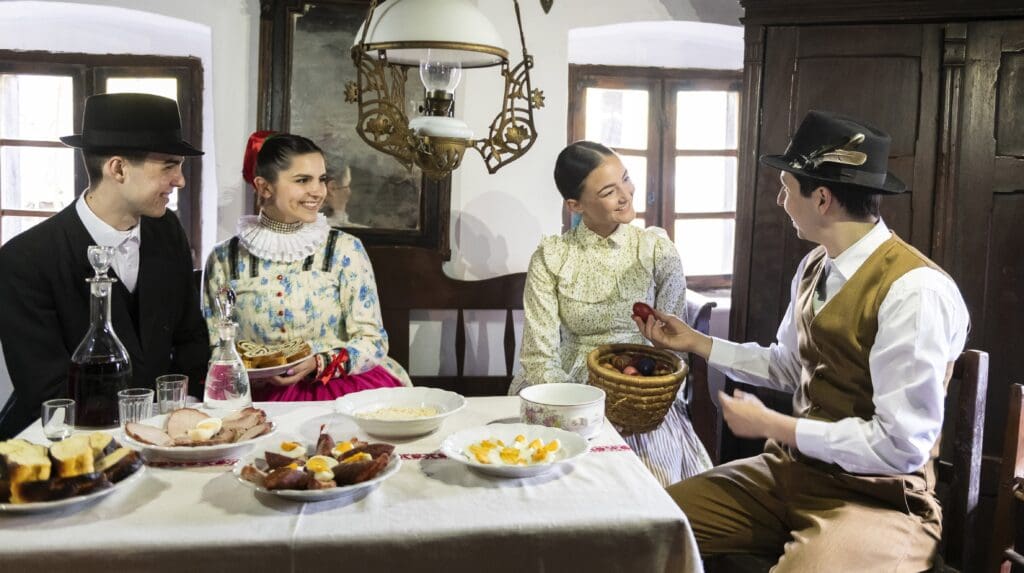
Easter is the most solemn celebration in the Christian world, commemorating the redemptive death on the cross and resurrection of Jesus Christ. In addition to egg-painting and sprinkling water, there are many folk customs and traditions associated with Easter, which you can read below in the collection of Magyar Krónika.
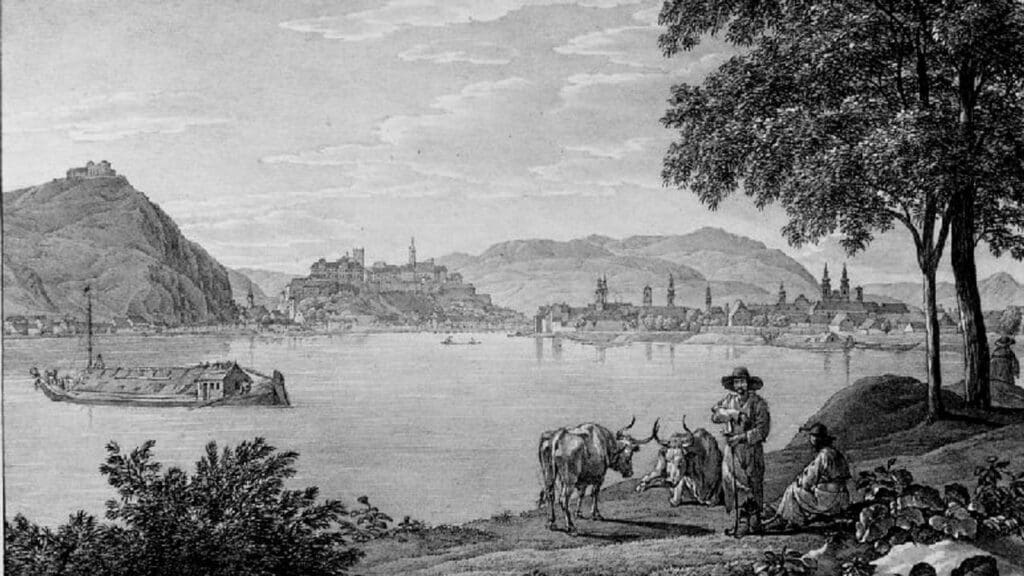
In Reform Era Hungary, on Easter Monday in the countryside maidens would be grabbed by boys, dragged to the nearest river and ‘dipped’ in it. If there was no river nearby, they would be taken to wells, laid in troughs and doused with cold water. On more than one occasion the poor girls would get a stroke from the cold water or die of pneumonia a few days later.

‘This is the message of Easter. Sharing the most ordinary beautiful experiences with each other: that is transforming the world. It just takes courage. For believers and non-believers alike. We should respect each other. Because none of us can create life. Destroy it, all the more.’
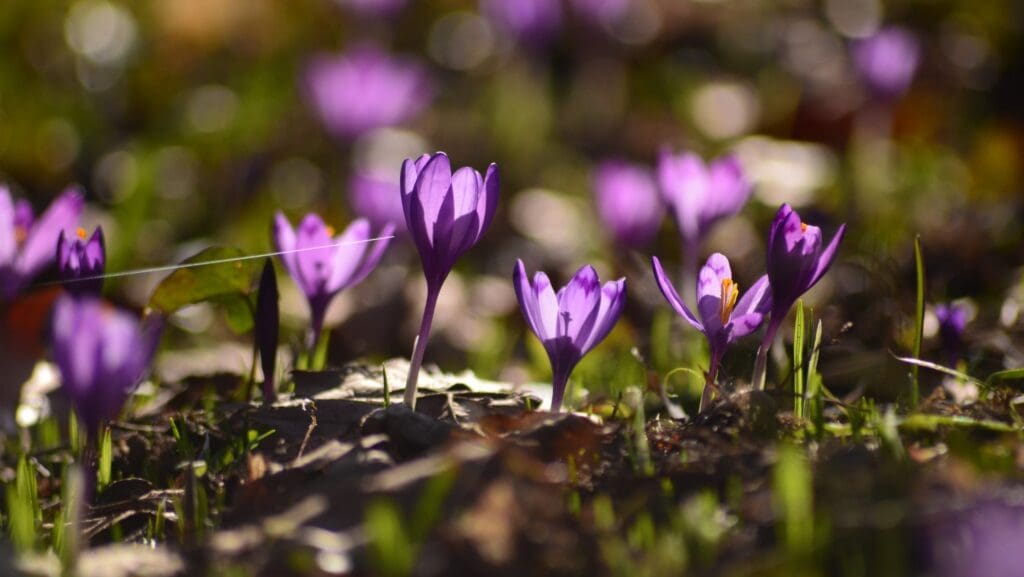
With the early arrival of spring this year, the country’s arboretums and botanical gardens are in full bloom now. Magyar Krónika collected a set of arboretums worth visiting this March.

‘Strategic uncertainty is not a universal elixir, but merely one of the tools in a politician’s and a strategist’s toolbox. It is important to know when to use it, but it is perhaps even more important to know when not to. For strategic uncertainty to be an effective tool, serious kinetic action must sometimes be added to the bluffing and the show of force.’
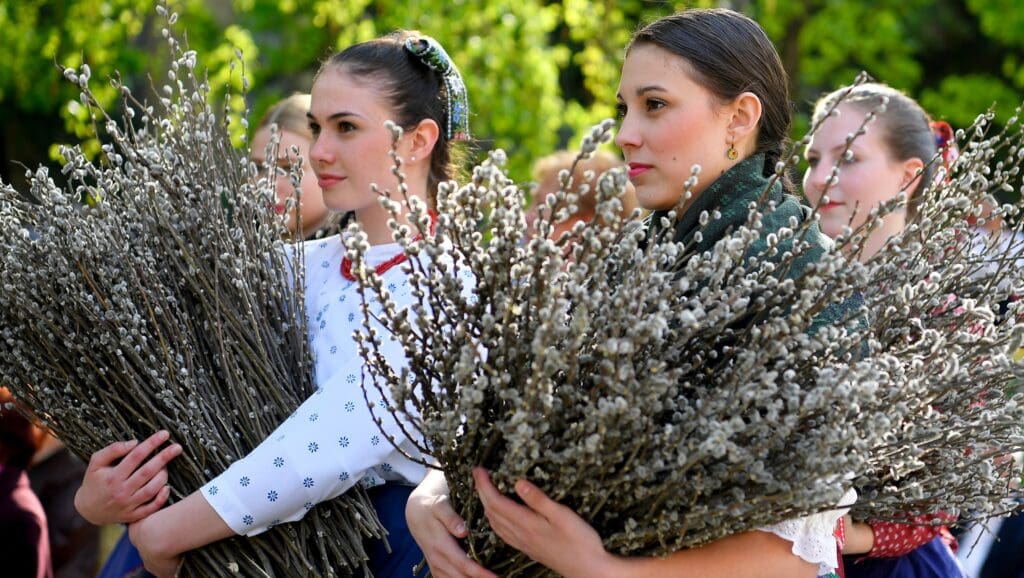
Our Lenten traditions include some elements that promote cooperation, while others are about cleaning up our environment or purifying our bodies and souls. By transposing these into the present day we may gather much needed strength in these difficult times.
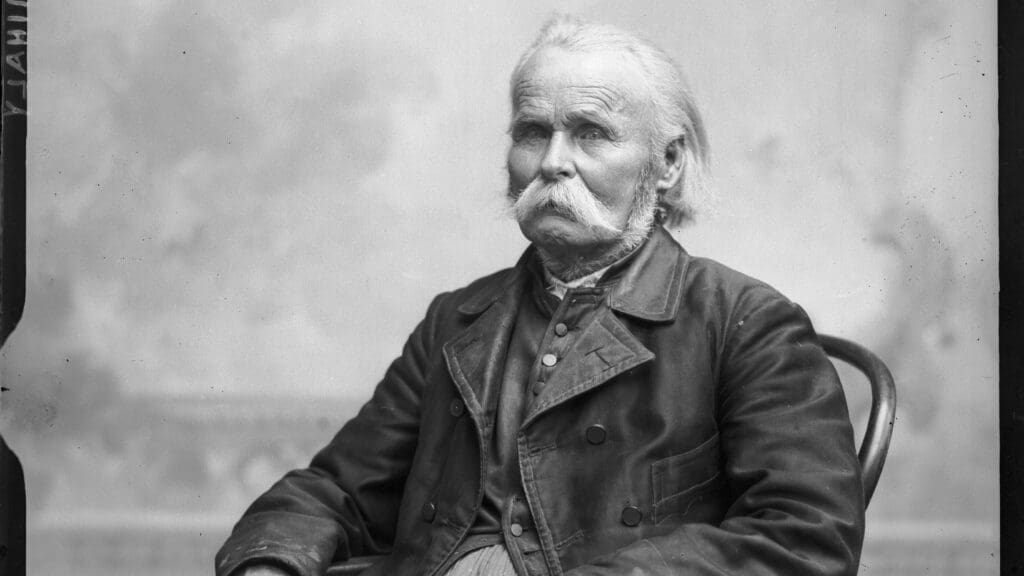
Old-aged men from the Great Hungarian Plain standing or sitting straight up face the camera and indirectly us, the viewers of these portraits today. What was previously only known from history books and clichéd speeches at the 15 March commemorations becomes, when seeing these pictures, the unvarnished truth, a gesture of an encounter with the past.

The cockade is one of the best-known and most significant Hungarian symbols, which has played a decisive role in our history. Over the centuries, the cockade has become an emblem of patriotism and Hungarian identity, which we have proudly worn on all our national holidays ever since the Hungarian Revolution of 1848.
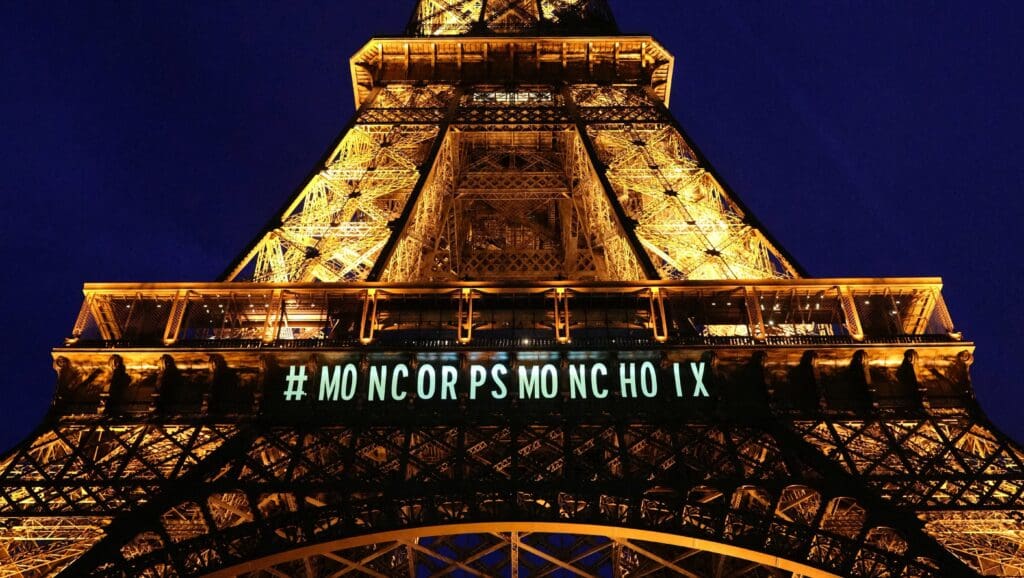
‘On the evening of 4 March, the two houses of the French Parliament voted 780 to 72 in favour of a constitutional amendment of the Fifth Republic to protect women’s freedom to have deliberate abortions…All it indicates is that the French people no longer regard foeticide, this infernal evil, as merely necessary but also as valuable.’